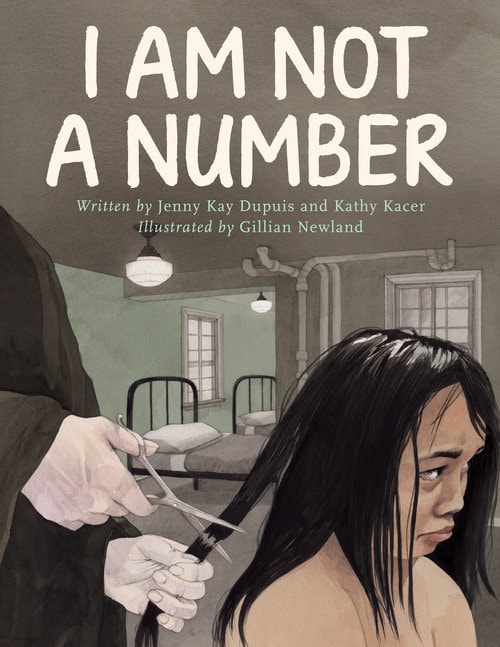| In the morning we read a book called, I Am Not A Number. It shared the story of a First Nations girl in Canada who was taken from her family and sent to a residential school. It was shocking to hear about how cruel people can be. Although it is hard to hear these stories it is important to learn about the past so that as move forward we can learn form the mistakes that have been made. After lunch, we introduced the criteria for a powerful response and showed the students an example of the process and a final written piece. Students then had some time to get started on their response to the book they have been working on. In the afternoon, we had our science evaluation and reviewed order of operations in math. |
- Sign up for the potluck (see yesterday post)
- Math party Thursday
- Finish the rough draft/plan of your powerful response by using the template to organize your thinking for each section.
- Post several things that you learned from listening to the book, I Am Not A Number.
- What was the most shocking?
- Post your thoughts on the idea of reconciliation (apologizing / trying to restore) with First Nations People
- Why is it important?
- Who is it important to? Why?
- Reply to another persons post






 RSS Feed
RSS Feed
